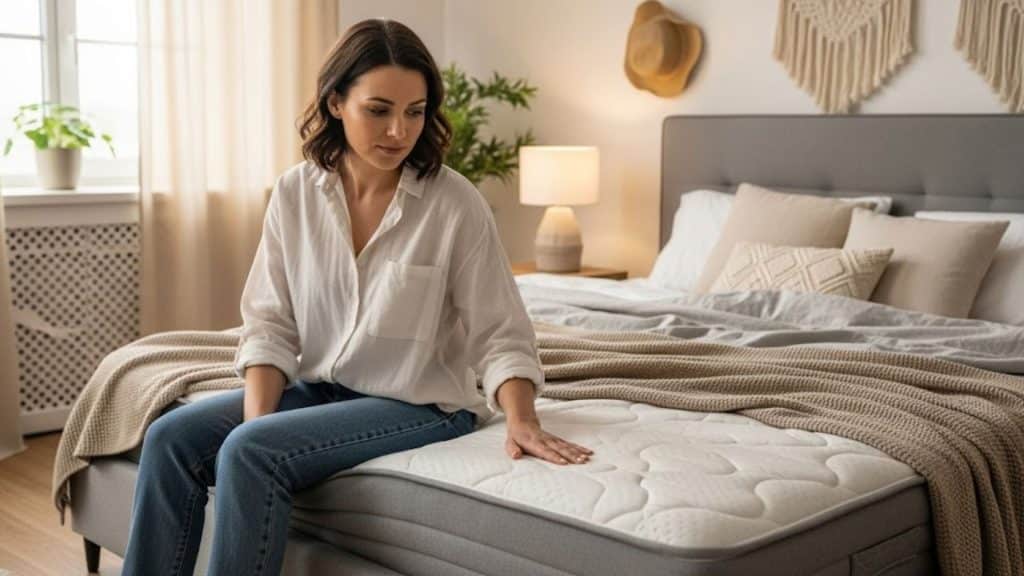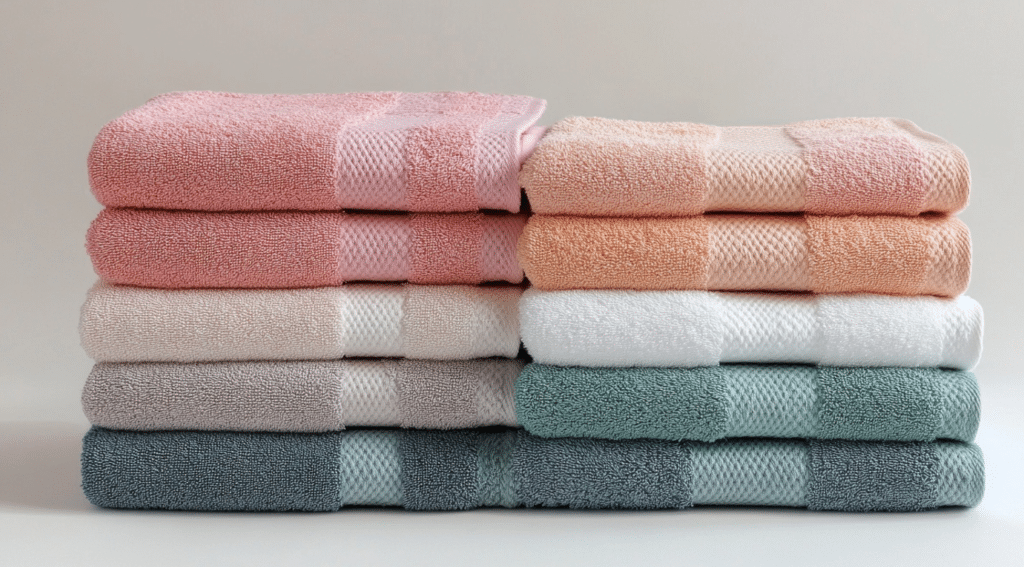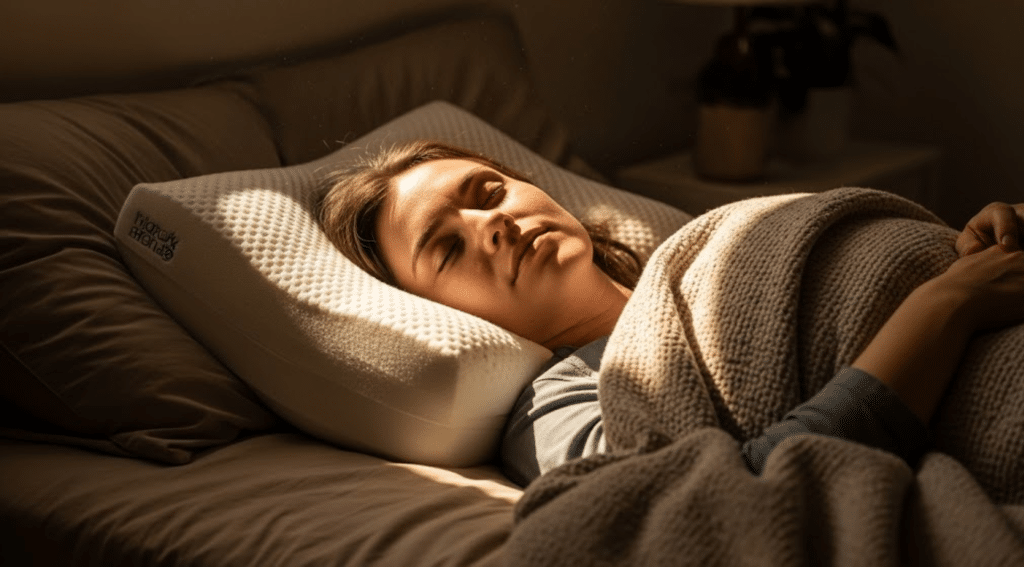Have you ever thought, how long does a mattress last before it starts messing up your sleep? I know you’re not the only one asking this question because it affects how you feel every day.
Most people think their mattress will stay comfortable forever, but I can tell you that’s not true. Your bed won’t last forever, and if you don’t replace it when you should, you’ll toss and turn all night.
I want to help you figure out when your mattress needs to go so you can sleep better. You deserve to wake up feeling rested instead of grumpy and tired every morning. I’m going to show you exactly how long different mattresses last.
Why Mattress Lifespan Matters
Your mattress does more than just hold you up at night. It plays a huge role in how well you sleep and feel. A good mattress supports your body properly and keeps your spine aligned during rest. However, mattresses don’t last forever, and knowing when yours needs to be replaced is crucial.
An old, worn-out mattress can seriously mess with your sleep quality. You might toss and turn more or wake up feeling stiff and sore. Your back and joints need proper support to recover from daily activities. Understanding how long mattresses last before they start causing these problems is essential.
A sagging mattress can’t provide that crucial support your body craves. Poor sleep due to a poor mattress can negatively impact your health and focus.
Factors Influencing Mattress Lifespan
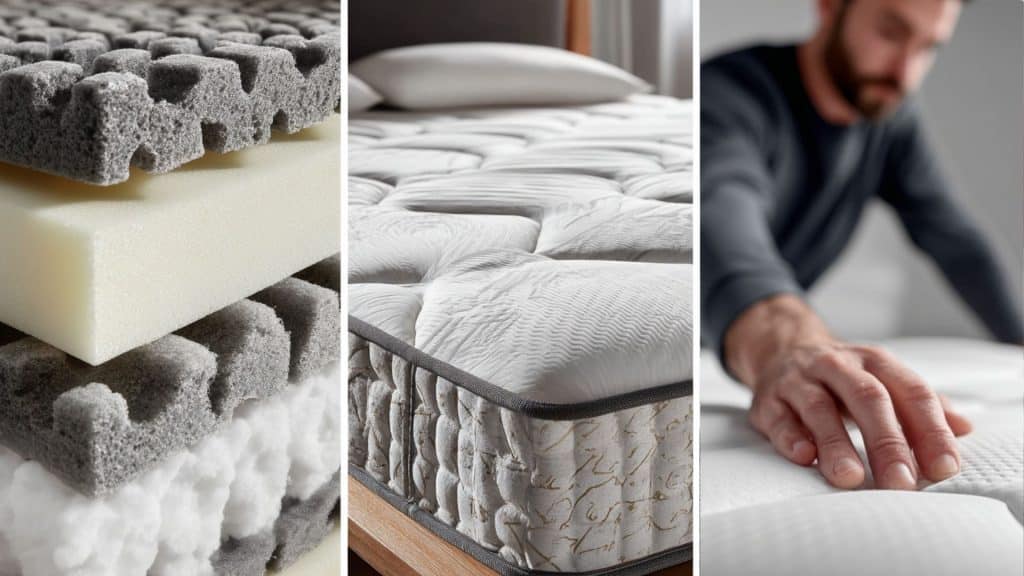
Several things affect how long your mattress will last before you need a replacement. The materials I choose, build quality, and how I use them all play essential roles in determining their lifespan.
1. Material of The Mattress
Different mattress materials have very different lifespans and durability levels over time. Memory foam typically lasts longer than traditional innerspring mattresses in most cases. Natural latex mattresses often outlast synthetic materials by a significant margin.
Cheaper polyurethane foam breaks down much faster than higher-quality memory foam options. The material you choose directly impacts durability.
2. Mattress Build Quality
Well-built mattresses with high-quality components can last twice as long as those with inferior components. High-density foam holds its shape and supports much better than low-density versions.
Natural latex and durable coil systems provide excellent longevity when properly manufactured. Premium materials cost more upfront but save money in the long run by lasting longer. Quality construction means better sleep.
3. Usage and Maintenance
How you treat your mattress significantly impacts how long it remains comfortable and supportive. Heavier sleepers put more stress on materials, causing them to wear out faster and sag.
Couples sharing a bed create more pressure than single sleepers nightly. Regular rotation prevents uneven wear patterns, which can shorten the lifespan. Using mattress protectors shields against spills and oils.
Mattress Types and Their Lifespans
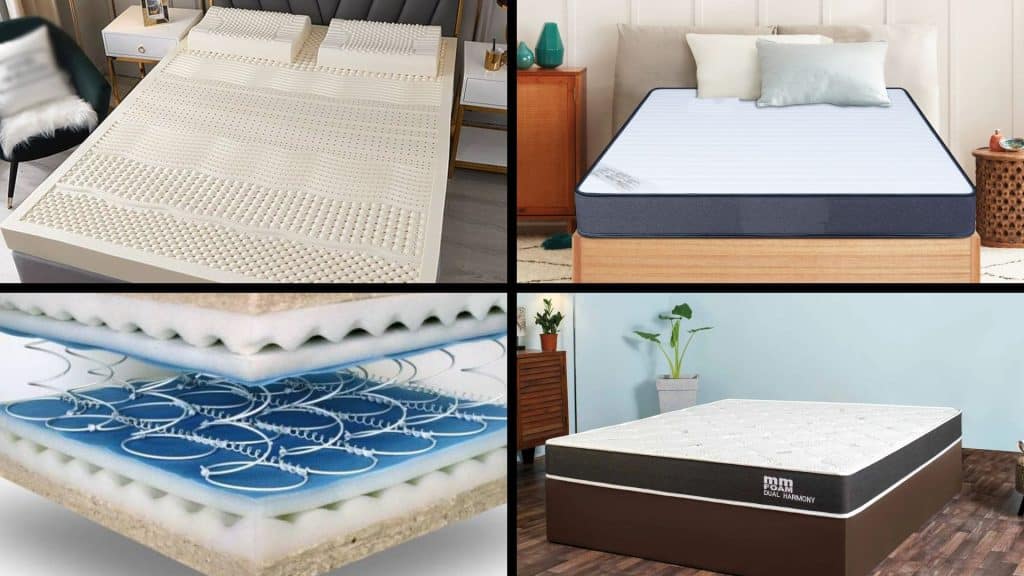
Different mattress types last for varying amounts of time based on their materials and construction. Here’s how each type compares in terms of durability and wear resistance.
| Mattress Type | Average Lifespan | Durability | Wear and Tear Handling |
|---|---|---|---|
| Latex | 8-12 years | Excellent | Bounces back well, resists sagging, and impressions naturally |
| Memory Foam | 6-10 years | Good to Very Good | Slower to recover, may develop body impressions over time |
| Innerspring | 5-8 years | Fair to Good | Coils can lose support, and springs may break with heavy use |
| Hybrid | 6-10 years | Good | Combining coil durability with foam comfort, balanced wear resistance |
This table clearly shows the differences in how long each mattress type will serve you. Understanding these lifespans helps you make a more informed buying decision for your sleep needs.
Signs Your Mattress Needs to Be Replaced
Your mattress will give you clear warning signs when it’s time for a replacement. Watch for these red flags that indicate your sleep surface is no longer doing its job:
- Difficulty sleeping or falling asleep can indicate that your mattress is no longer supportive enough.
- Allergic reactions like skin irritation or rashes may suggest dust mites or bacterial buildup in your mattress.
- If your mattress feels unusually soft or you sink deeper than usual, it might have lost its structural integrity.
- A mattress older than its expected lifespan of 7 to 10 years could be losing its support, even if it looks fine.
- An unpleasant musty or foul odor may indicate mold or bacteria growth, signaling it’s time for a replacement.
These warning signs mean your mattress can’t properly support your body during sleep anymore. Don’t ignore these signals since poor sleep affects your health and daily energy levels.
How to Prolong Your Mattress’s Lifespan
Taking good care of your mattress can add extra comfort time to its useful life. These simple strategies will help you get the most value from your investment:
- Rotate regularly: Turn your mattress every three months to prevent uneven wear patterns and body impressions.
- Use protection: Apply a waterproof mattress protector to shield against spills, sweat, and dust mites daily.
- Control environment: Keep your bedroom cool and well-ventilated to prevent moisture buildup that damages foam materials.
- Choose wisely: Select a mattress that matches your weight, sleep position, and firmness preferences from the start.
- Know replacement time: Replace your mattress when you wake up sore or notice visible sagging and permanent impressions.
Following these tips consistently will help your mattress stay comfortable and supportive for longer. Your sleep quality and wallet will both benefit from this extra care and attention.
Wrapping Up
You’ve learned everything about how long a mattress lasts and the key elements that determine how well yours will serve you. Your bed represents far more than a place to rest – it’s a critical component of your overall wellness routine.
Recognizing when it’s time for a replacement protects you from months of restless nights and painful mornings. Simple care practices can help your current mattress perform better and last much longer than expected.
Quality sleep is one of the best investments you can make for your physical and mental health. Great sleep begins with choosing the right mattress and maintaining it properly.
Now that you understand how long a mattress lasts, drop a comment below and share your experience!

